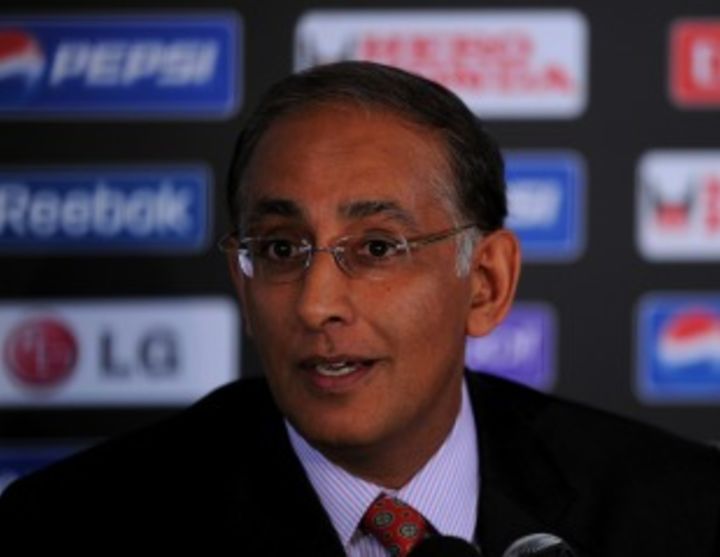Lie-detector versus river-dunking
Which will more effectively root out corruption

Wednesday, 20th July On the eve of the 1999th/2000th Test match*, MS Dhoni believes that the five-day flavour of cricket is still appetising. And why? Because, despite the worldwide epidemic of empty stadia, lots of people are still “following” Test cricket.
I don’t blame MS. He’s not going to run down Test cricket just before playing Test cricket. He’s not Chris Gayle, after all. But this word “following” is an odd one. Some English hacks brandish it like a shield when people point out that virtually no one watches the County Championship. “Aha!” they say, “Maybe no one watches it but lots of people follow it and that’s more or less the same thing.”
But is it? Does it really count as support if your only commitment is to occasionally check the score whilst idly surfing the web? If Test cricket is relying on thousands of invisible supporters to demonstrate its popularity, then it really is in trouble.
And if a Test match happens but no one’s there to see it, does it really exist?
Thursday, 21st July Lie-detectors are quite the thing at the moment. For some reason certain sections of cricketdom believe that wiring players up and asking them questions is the best way to root out corruption. This is despite the fact that in the legal systems of most of the world’s cricket nations, lie-detector test results are no more admissible than coin-tossing or entrail-reading.
The polygraph pushers appear to have stumbled into a logical fallacy:
1. We need to do something about corruption 2. This is something 3. Therefore we need to do this
But am I being unfair? After all Andrew Strauss is an intelligent man and he’s all in favour of it. Here’s his endorsement:
“I don’t know exactly how lie-detectors work and how accurate they are, but I like the idea of it.”
Hmm.
Strauss also said that if a player had nothing to hide, why wouldn’t he submit to a polygraph test? Why indeed. They probably used to say the same thing in medieval Europe to defend the practice of dunking suspected witches in the nearest river.
And maybe that’s the way we should go. A corrupt cricketer is almost certainly lighter than a normal cricketer because he is missing his conscience. So if you throw a player into the Thames and he floats, he’s clearly guilty. If he drowns, he was probably innocent. And there are additional benefits to the ICC because whereas polygraphs can be expensive, pushing a cricketer into a river costs very little.
Friday, 22nd July Fear not, Australia, Mr Argus’s Big Review Of Everything is due soon. Messrs Taylor, Border and Waugh have been travelling the country asking questions. They’ve talked to players, coaches, chairmen, shoppers, tramps in doorways, a representative cross section of the koala community and the occasional dingo. The questions were wide-ranging but profound. Why did we lose to England? Why aren’t our players better? What’s the point of it all? Where are we going for lunch?
Whatever the findings, you can be sure that Cricket Australia will act upon them without delay (unless of course, the review were to make totally irresponsible recommendations such as, for example, prioritising Test cricket over Twenty20, changing the coaching set-up or getting rid of any of the selectors).
* Depending on whether the Australia v ICC All-Star Charity Six-Day Testimonial in 2005 counts as a Test. Or more pertinently, whether you care.
Andrew Hughes is a writer currently based in England
Read in App
Elevate your reading experience on ESPNcricinfo App.